CBSE – NCB Join Hands to Create Drug-Free Schools
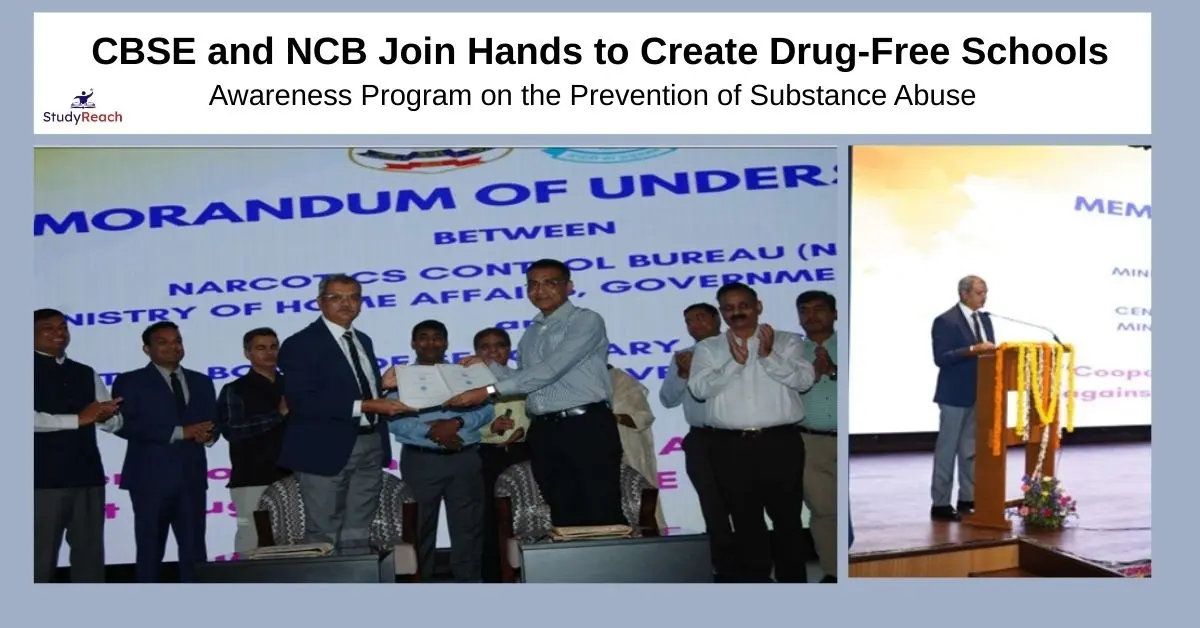
Table of Contents
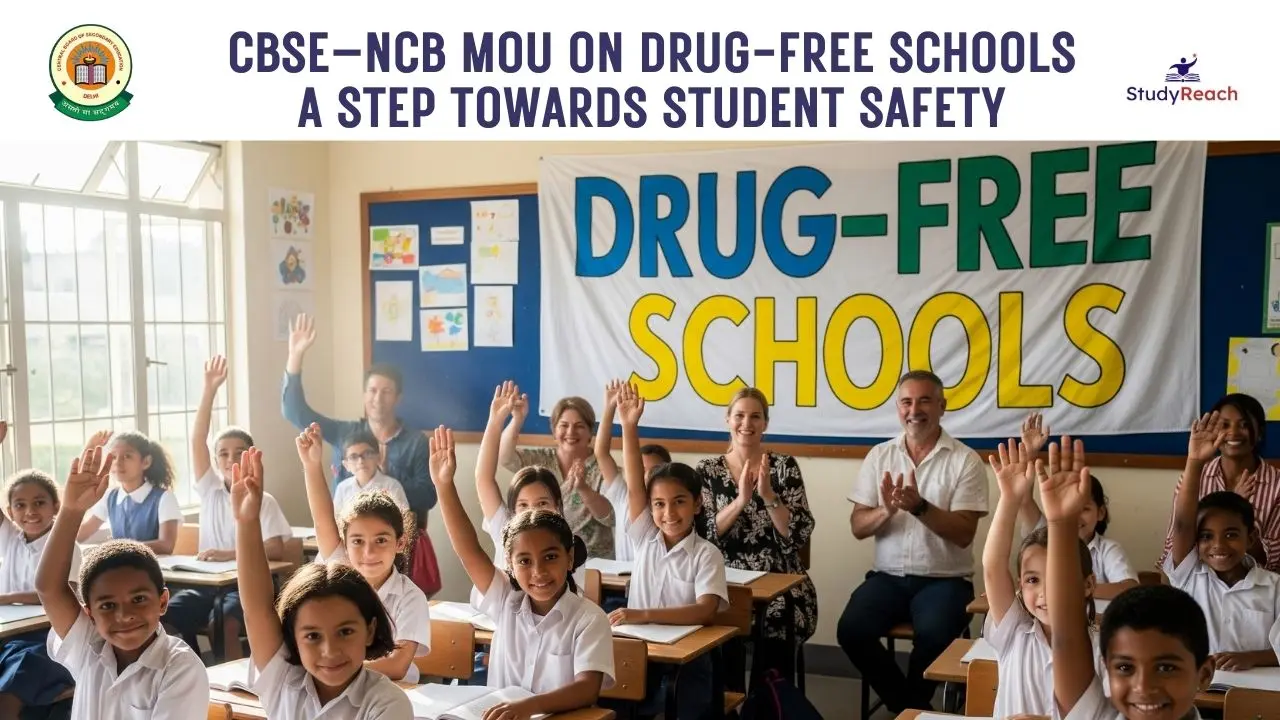
A Big Step Towards Safe and Healthy Schools
On 3rd September 2025, the Central Board of Secondary Education (CBSE) and the Narcotics Control Bureau (NCB) signed an important agreement in New Delhi. Their shared mission? To protect children and schools from the growing danger of substance abuse.
This move is not just about rules and policies—it’s about creating a drug-free, safe, and supportive environment where every student can grow without fear or bad influences.
Why Was This Needed?
CBSE – NCB Join Hands to Create Drug-Free Schools : We all know that children and teenagers are at a stage where peer pressure and curiosity can sometimes lead them down risky paths. Substances like drugs, vaping products, and alcohol are becoming easily accessible, and schools are often the first line of defense.
By joining forces, CBSE and NCB want to ensure that students don’t even take the first step toward substance abuse. As one speaker in the program rightly said:
“Refuse the First Dose, Secure the Future.”
What Will This Program Do?
The MoU between CBSE and NCB is not just on paper—it comes with action plans that schools, teachers, and parents will directly benefit from:
- Quarterly Awareness Programs → Regular sessions in schools to educate students about the dangers of drugs.
- Workshops for Teachers & Counselors → Training them to identify early signs and guide students.
- Digital Learning (e-Modules) → Easy-to-use online modules to spread knowledge about drug prevention.
- Counseling for Students & Parents → Helping families deal with challenges together.
- Pilot Project in 100 CBSE Schools → Starting with a focused program and later expanding to more schools.
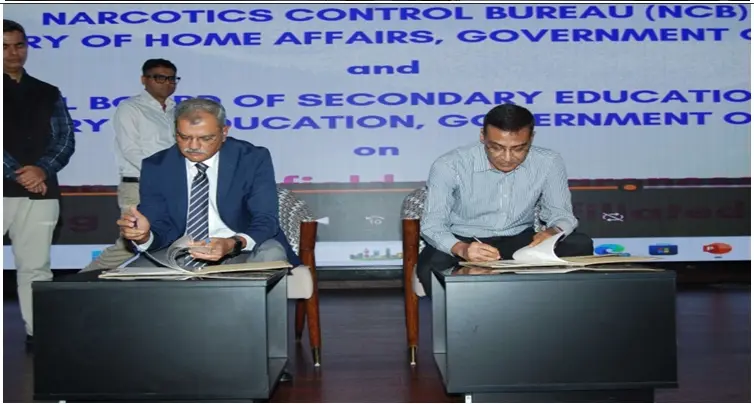
Beyond Academics: Caring for Mental Health
The program also highlighted the importance of mental health support. Initiatives like Tele-MANAS, a government helpline for mental health, will play a big role. This ensures that children not only get academic education but also emotional care and guidance.
Official Circular : CBSE–NCB MoUSigning Ceremonyand Awareness Programon Prevention of Substance Abuse
What Educators and Parents Can Do
The awareness program was attended by over 500 principals, wellness teachers, and counselors from across India. Experts shared strategies that schools and families can adopt:
- Be role models → Children imitate what they see.
- Keep communication open → Let children feel safe to talk about their struggles.
- Spot warning signs early → Sudden changes in behavior or academics may signal stress.
- Encourage positive activities → Sports, arts, and hobbies keep young minds engaged and healthy.
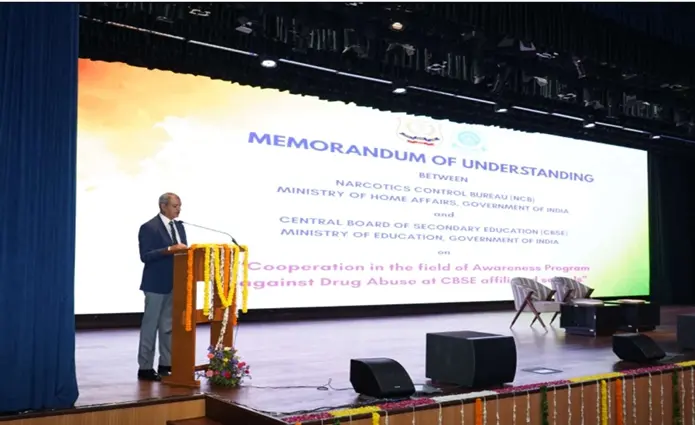
A Shared Responsibility
This initiative shows that protecting children is not just the job of the school, but a joint effort of teachers, parents, communities, and government agencies.
Related Article : CBSE sets deadline for Class 10 & 12 Admissions and Subject Changes -August 31
CBSE and NCB’s partnership is a message of hope:
Together, we can build schools where children feel safe, supported, and strong enough to say NO to drugs.
Q1. What is the CBSE–NCB MoU on Drug-Free Schools?
The CBSE–NCB MoU is an agreement between the Central Board of Secondary Education (CBSE) and the Narcotics Control Bureau (NCB) to create drug-free schools. It includes awareness programs, teacher training, counseling sessions, and digital modules to protect students from substance abuse.
Q2. How will this initiative benefit students and parents?
Students will gain awareness about the harmful effects of drugs and receive counseling support if needed. Parents will also be involved through workshops and community outreach, helping them identify early warning signs and support their children better.
Q3. When and where will this program start?
The pilot program will first be launched in 100 CBSE schools across India, with a plan to expand to more schools later through a hub-and-spoke model.

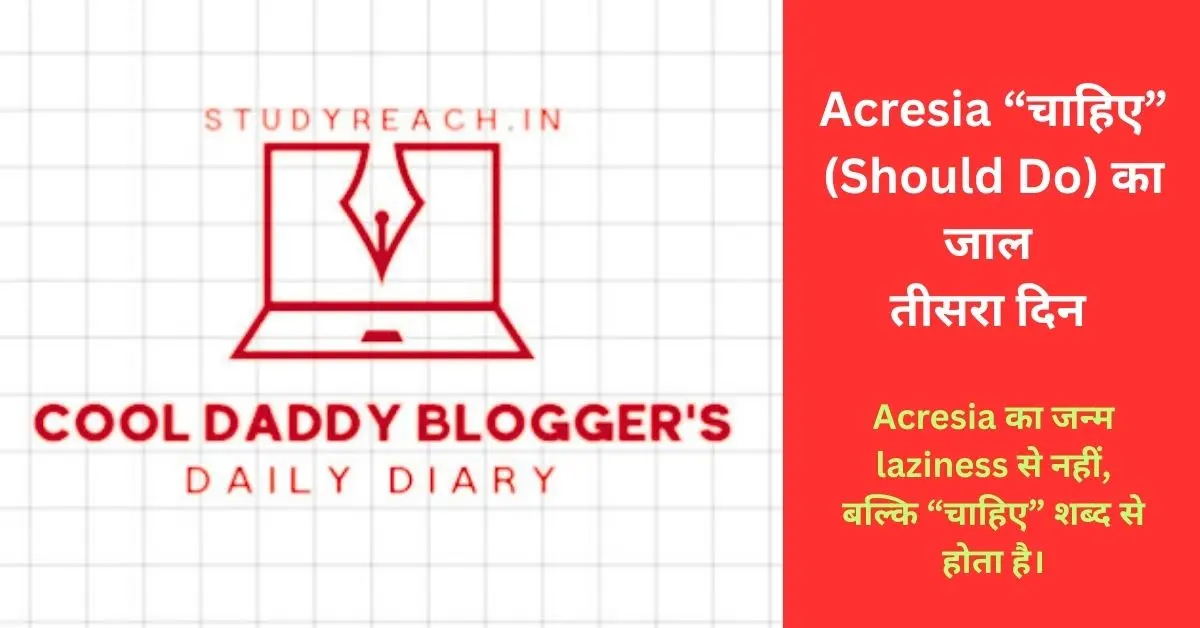
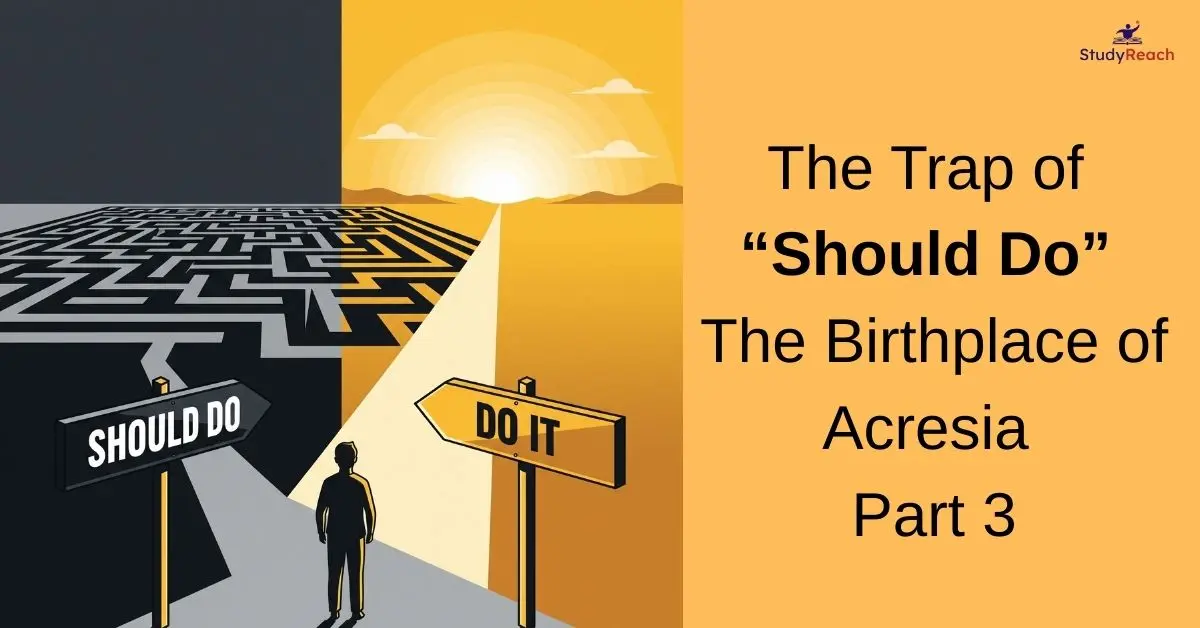

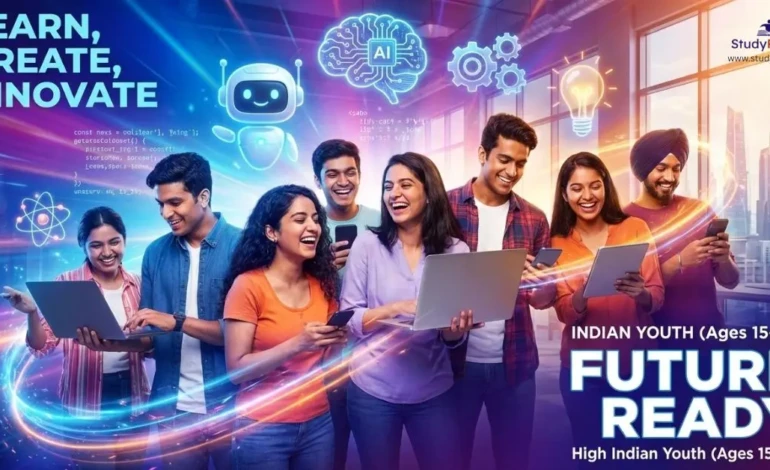
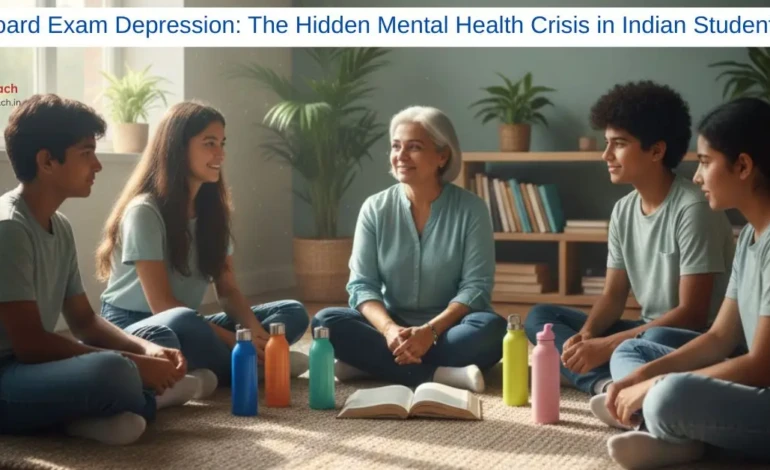
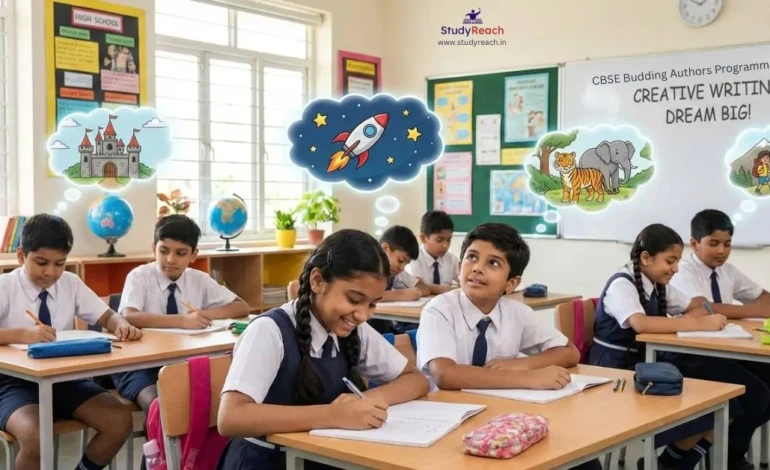
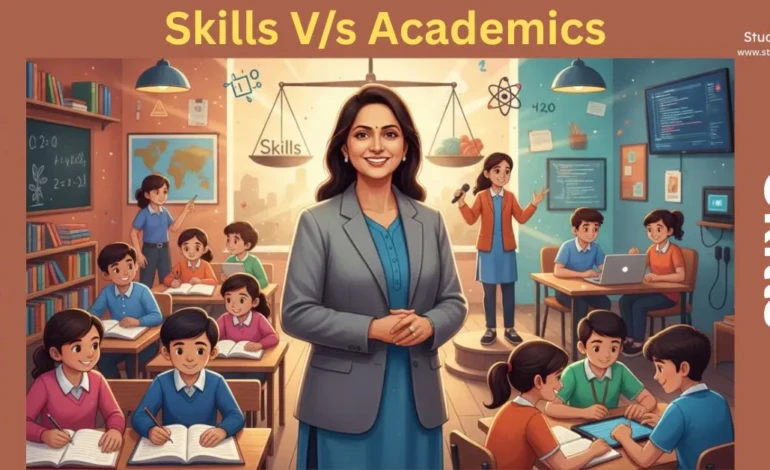


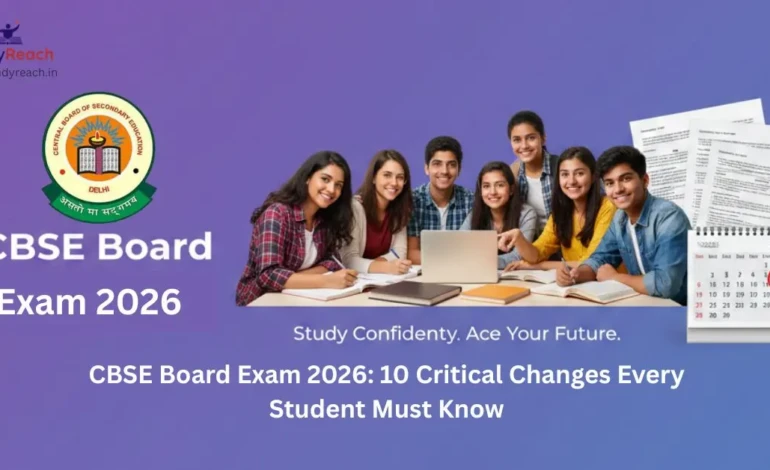
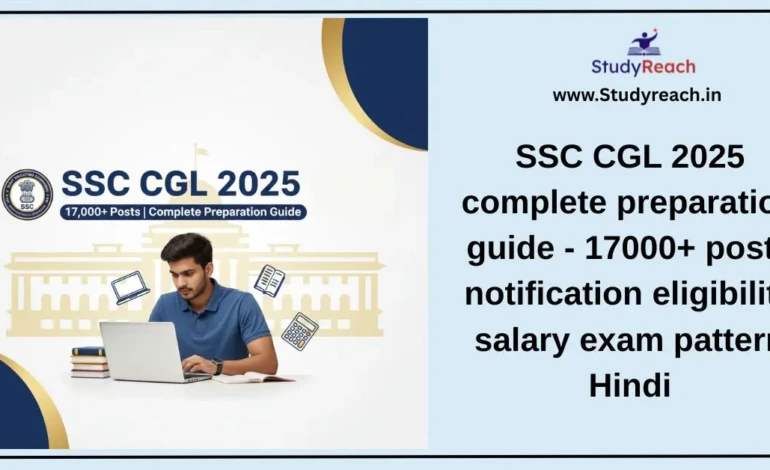
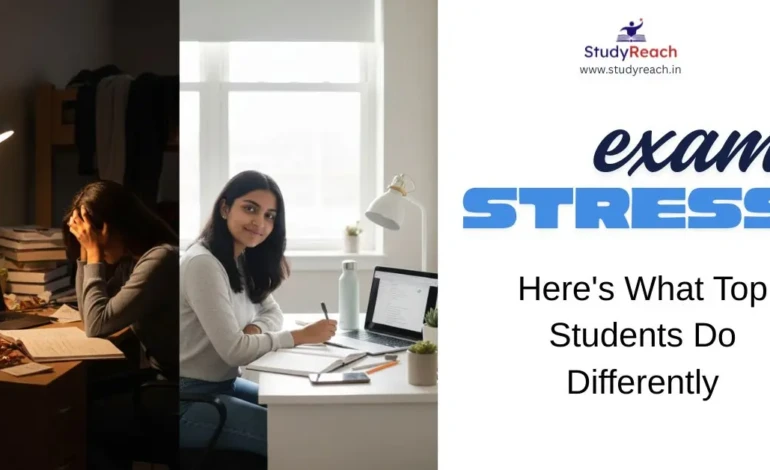
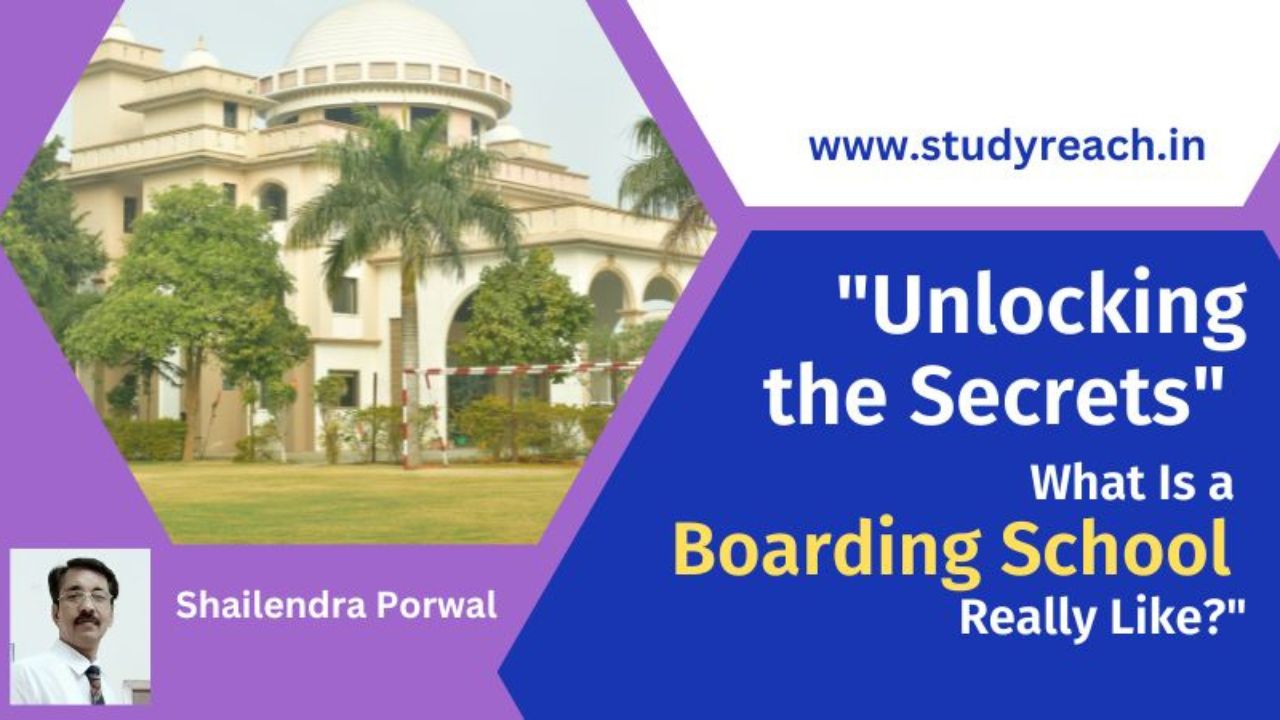
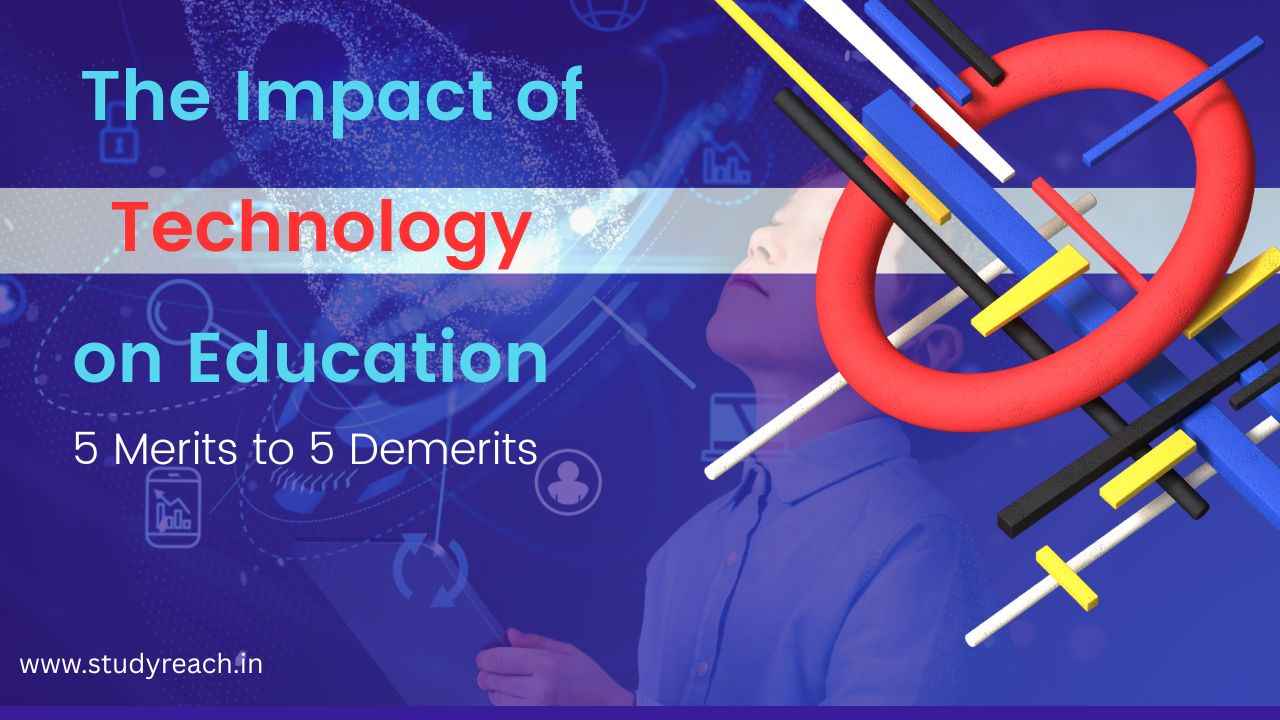
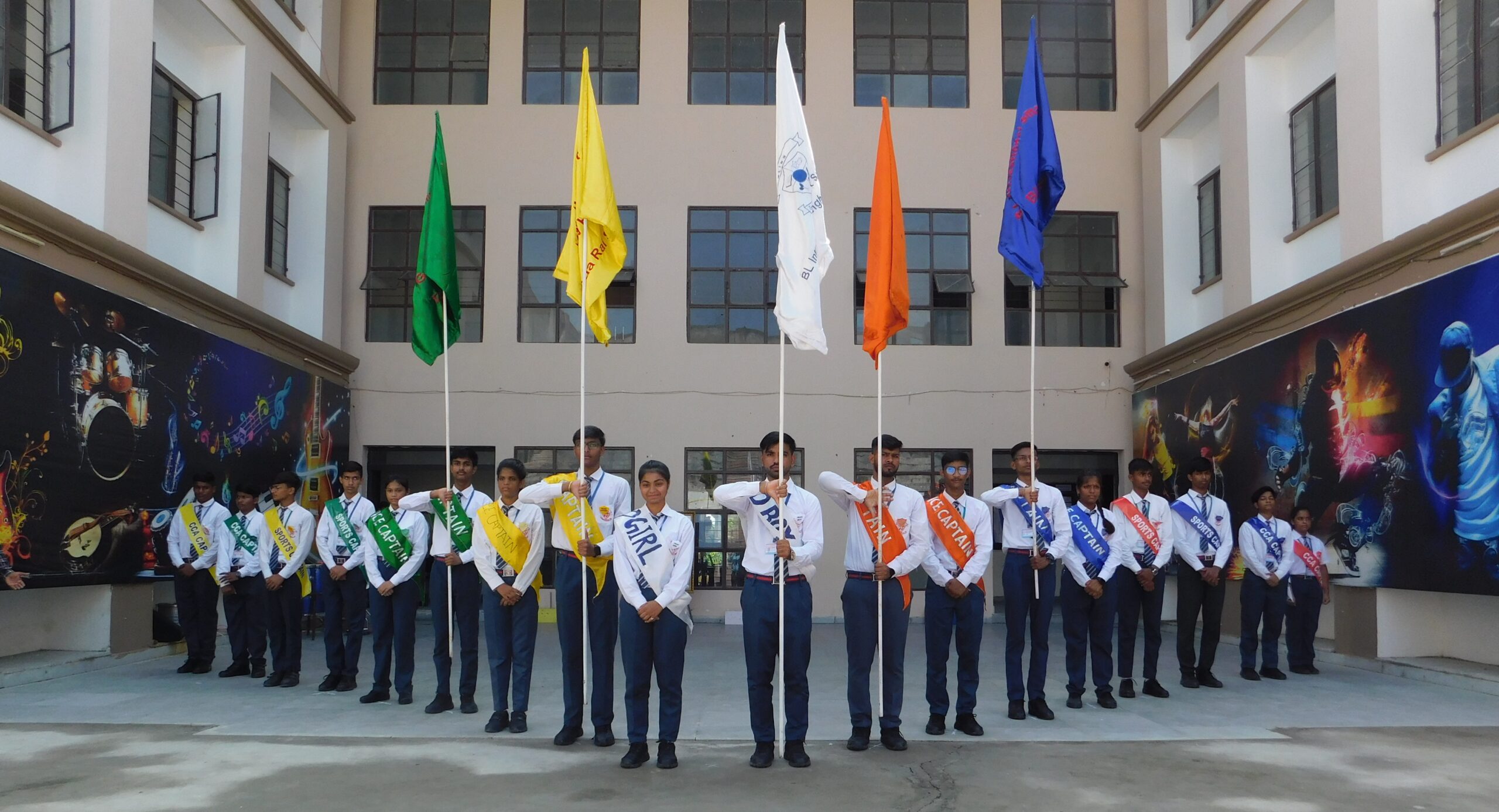
1 Comment
[…] CBSE – NCB Join Hands to Create Drug-Free Schools […]